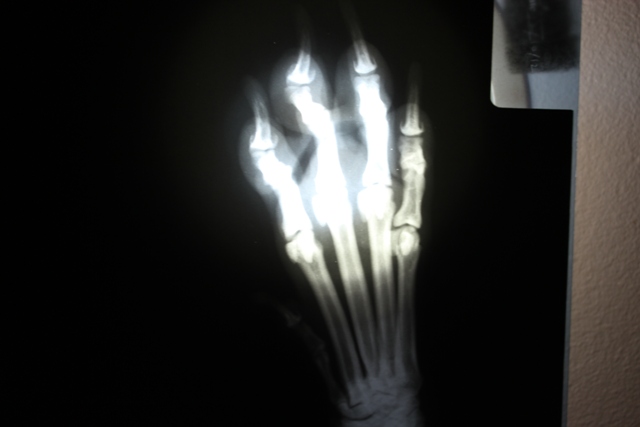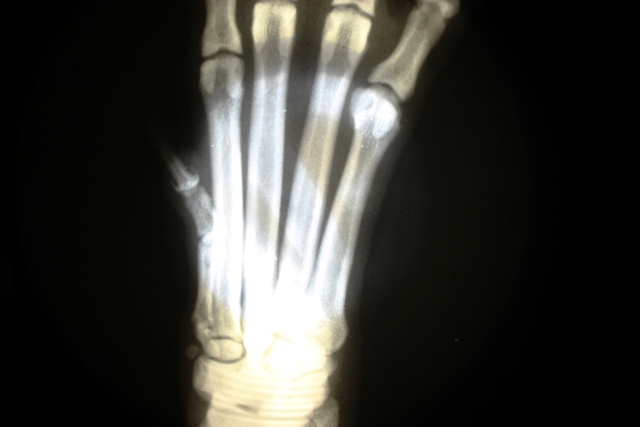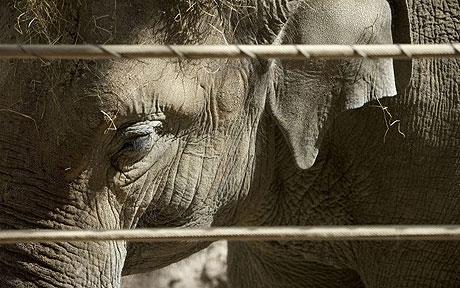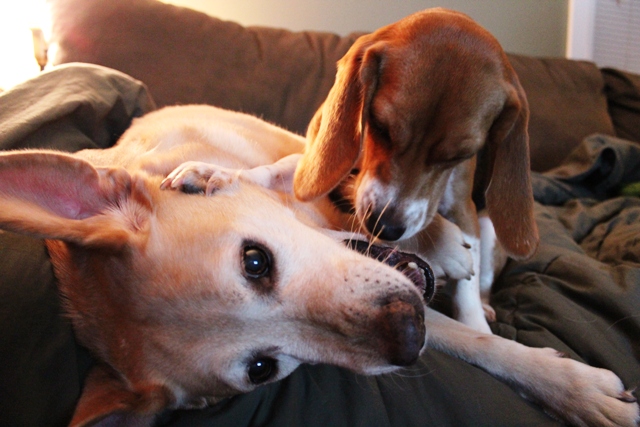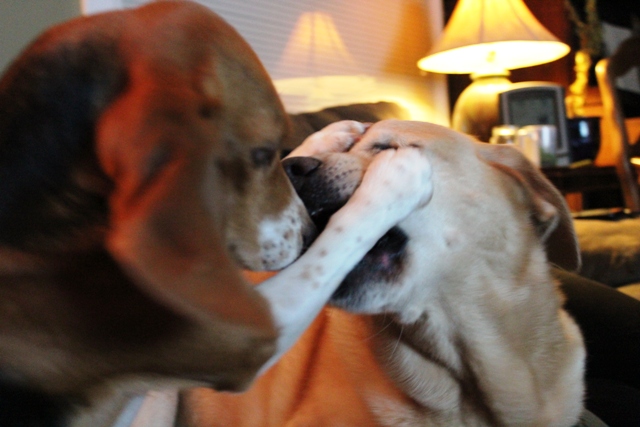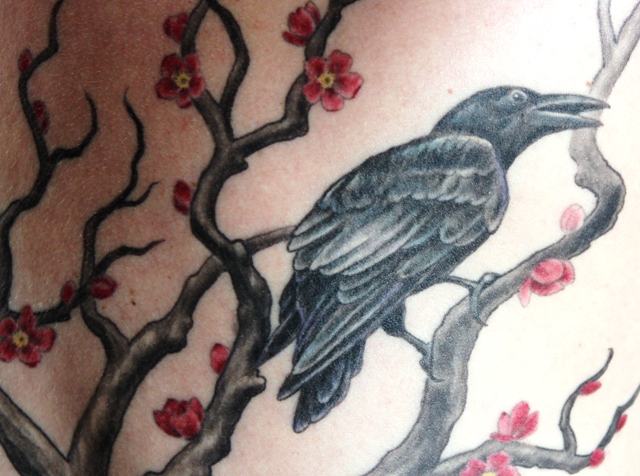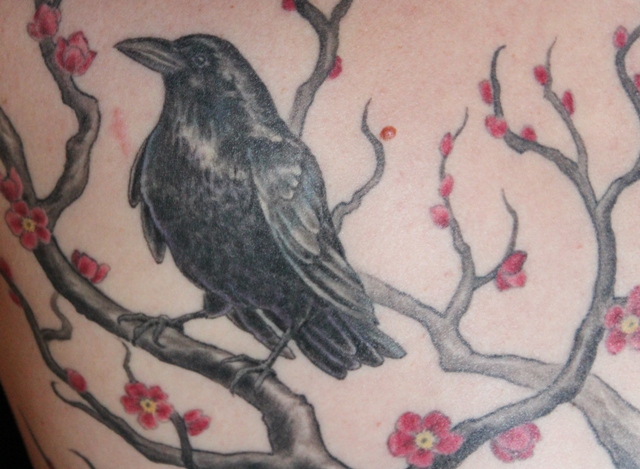I heard a few hours ago about the shooting in Connecticut. This, after hearing about a shooting in a mall in Portland OR earlier this week. This, after a couple was shot dead by Cleveland police who fired 137 shots a couple of weeks ago. And after a four year old toddler shot and killed his two year old brother in Minneapolis earlier this month and a four year old accidentally shot himself in the face in Houston. Senseless acts of violence surround us and it is often impossible to comprehend these acts of violence.
We try to make sense of these kinds of events in some way—we try to understand motive and conditions under which someone would do such a thing, we try to make sense of how to enact justice, we try to assign blame, we try to understand what we could do differently to prevent these kinds of things from ever happening again. We erupt in debates over gun control and exposure to violence in entertainment.
These kinds of events can shake our faith in humanity, in a God or higher power, in each other and ourselves. These kinds of events can make us cling to our faith as an explanation and cling to our families and friends and be grateful for them. Violence of this nature can send us into thinking in navel-gazing abstractions about whether humanity is inherently evil or inherently compassionate.
Thinking about such a horrific act of violence—shooting up an elementary school—makes me reflect on the structures that enable these kinds of events to happen. Certainly, guns enable this kind of violence to happen quickly and efficiently—they are, after all, extremely efficient tools of violence (and more specifically, death). But the structures that cause guns to be used, that designed guns in the first place, and that allow us to kill other people are a systemic problem of ‘othering’ that sets our own interests above an ‘other’s’ interests in a profound and fundamental way. These kinds of acts of violence seem shocking in part because we are so skilled at concealing, ignoring and forgetting the kinds of violence we are complicit in everyday—the kinds of violence we accept as normal, natural, neccesary or simply an unfortunate reality of the times in which we live.
For instance, we are implicated (whether we vocalize opposition or not) in the violent killing of countless ‘casualties’ of war in the name of ‘American freedom.’ We are implicated through our consumption habits that leave millions around the globe in conditions of poverty that kill indiscriminately. We are implicated in the mass killing of other animals in the name of food, science, military, entertainment and fashion. Though we may try to live more lightly on the planet, we are all implicated in the grotesque violence of environmental destruction. The violent systems we adapt to and live within are at the root of a problem like shooting up an elementary school full of children.
I am deeply saddened by the shooting in Connecticut. I cannot imagine what the families of those who have lost are going through. I can hardly imagine the difficult process of healing that is ahead for those who have lost children, partners, teachers, students, etc. and for the community as a whole to move toward healing.
Through all of this, I have to ask myself—what can I, as one individual person, do in response to this? For now, the best answer I can come with is to actively and constantly resist violence in all its forms. To recognize, for instance, that veganism is a powerful method of resisting violence against animals, but that simultaneously I must resist violent systems of consumption that enslave and exploit children and vulnerable populations around the globe. I must actively and consistently resist war in all its forms, I must resist repressive and exploitative domestic and international government policies, I must resist supporting racist systems of mass incarceration that disproportionately affect communities of color in this country. I must resist even the most covert enactments of racism, sexism, homophobia, speciesism, etc. I must resist violent relations with others in our shared emotional lives. For me, this is the most difficult to embody—resisting the urge let anger take over me. Certainly there is a lot to be angry about (this shooting being one acute example) and anger can certainly be a productive motivator of change, but I think only so long as it passes through us quickly—only so long as we let those negative emotions arise, abide and cease.
And so, I’ll sign off for the weekend and send some loving kindness and healing out into the world and move through today and tomorrow and the next day trying to be mindful of practicing nonviolence with each step.
 Follow
Follow



